T4K3.news
Bangladesh marks a year since pivotal student protests
The country reflects on the uprising that led to the ousting of Prime Minister Sheikh Hasina.
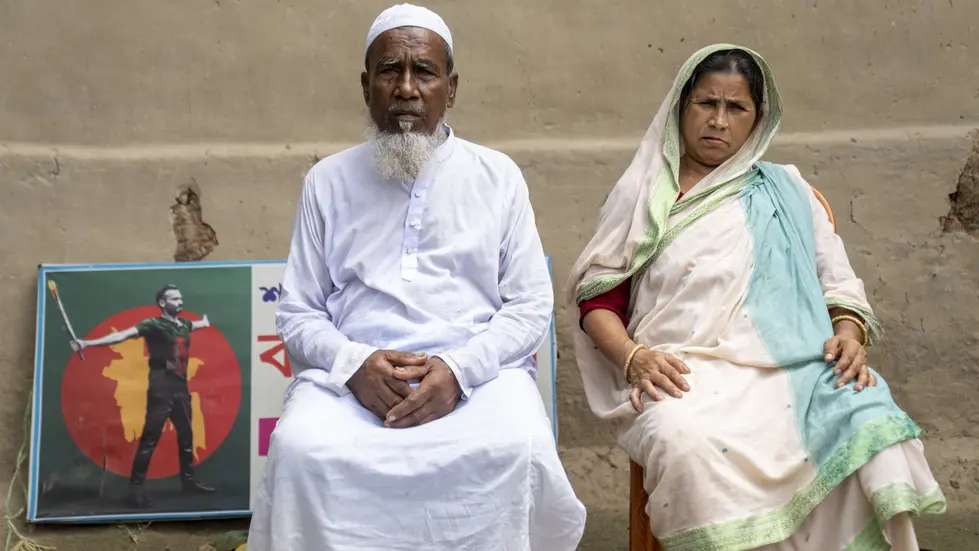
A year after the protests in Bangladesh, families seek justice amidst ongoing political challenges.
Bangladesh reflects on a year since the student uprising
In Bangladesh, July and August 2024 marked a significant turning point as student protests led to the ousting of Prime Minister Sheikh Hasina. The protests began with demands for civil service reforms but escalated dramatically when Abu Sayed, a university student, was shot by police. His death ignited nationwide demonstrations that resulted in over 1,400 fatalities, largely due to security forces' violence. Following this uprising, Hasina fled to India, while a new interim government was formed under Nobel laureate Muhammad Yunus, who has faced criticism for failing to maintain order and protect minority rights. As a year passes since these events, many families, including Sayed's, seek justice, reflecting on both the progress and the disillusionment that remains.
Key Takeaways
"My son graduated with honors. He really struggled... Now he's a martyr."
Sayed's father reflects on his son's efforts and sacrifice during the protests.
"We are simply not a mature democracy."
Yunus' press secretary addresses criticisms of the government's performance.
"The most difficult task for this government was to manage expectations."
Yunus' administration's challenges in navigating public demands.
"The government should have played a stronger role... little has changed."
A protester comments on the perceived inaction regarding minority rights.
Twelve months after the uprising that fundamentally reshaped Bangladesh's political landscape, a sense of disillusionment is growing among the populace. Critics argue that the interim government has failed to deliver on promises to protect vulnerable communities and curb violence. With high unemployment and rising frustration over governmental inefficiency, many now question whether the sacrifices made by protesters, like Sayed, have yielded any lasting change. The contrast between prior hopes and current realities illustrates the volatility within Bangladeshi politics, where the path to democracy remains uncertain.
Highlights
- Abu Sayed gave his life for his country, now we seek justice.
- Expectations were high for change, but disillusionment prevails.
- Tensions remain as hope fades for minority protection.
- Promises made are yet to be fulfilled, leaving communities vulnerable.
Political sensitivity and public reaction in Bangladesh
The ongoing tensions and criticism regarding the interim government highlight potential risks of public unrest and backlash against authority. Continued pressure for justice from families of victims may further fuel dissent.
The future of Bangladesh's democracy remains at a critical juncture as citizens push for meaningful change.
Enjoyed this? Let your friends know!
Related News
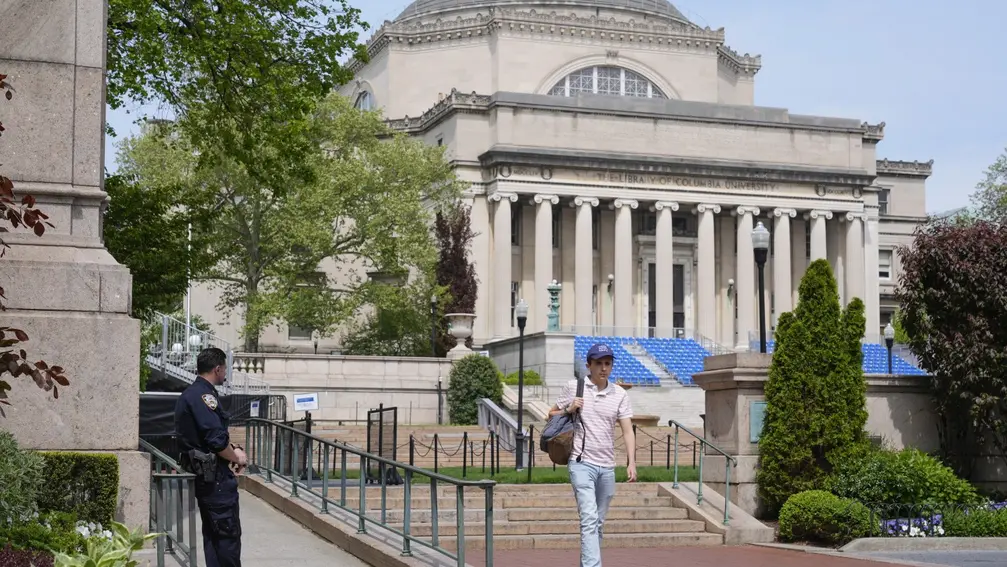
Columbia University finalizes $220 million settlement with Trump administration

Mizzou extends contract for football coach Eliah Drinkwitz
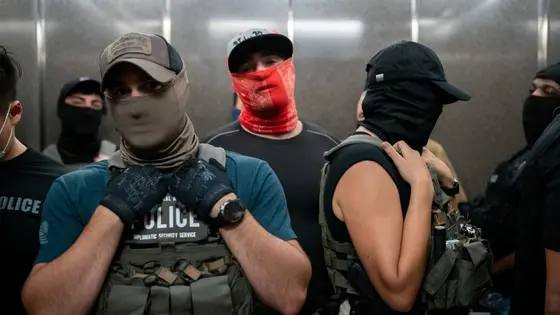
ICE arrests immigrants differently in red and blue states
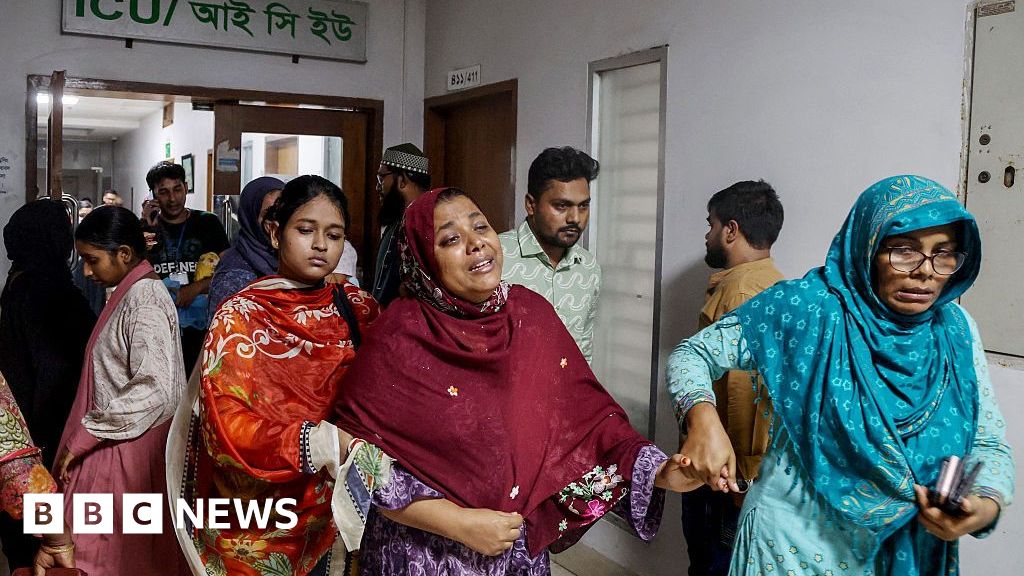
Military jet crash in Dhaka school kills 27
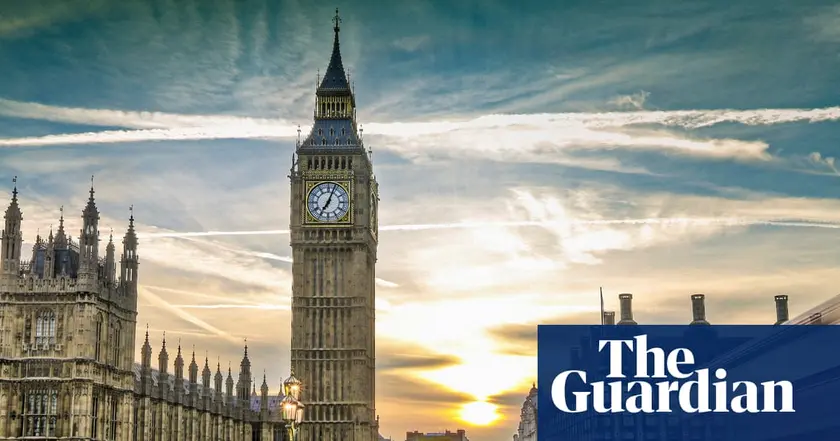
Bangladeshi officials face scrutiny over UK property deals
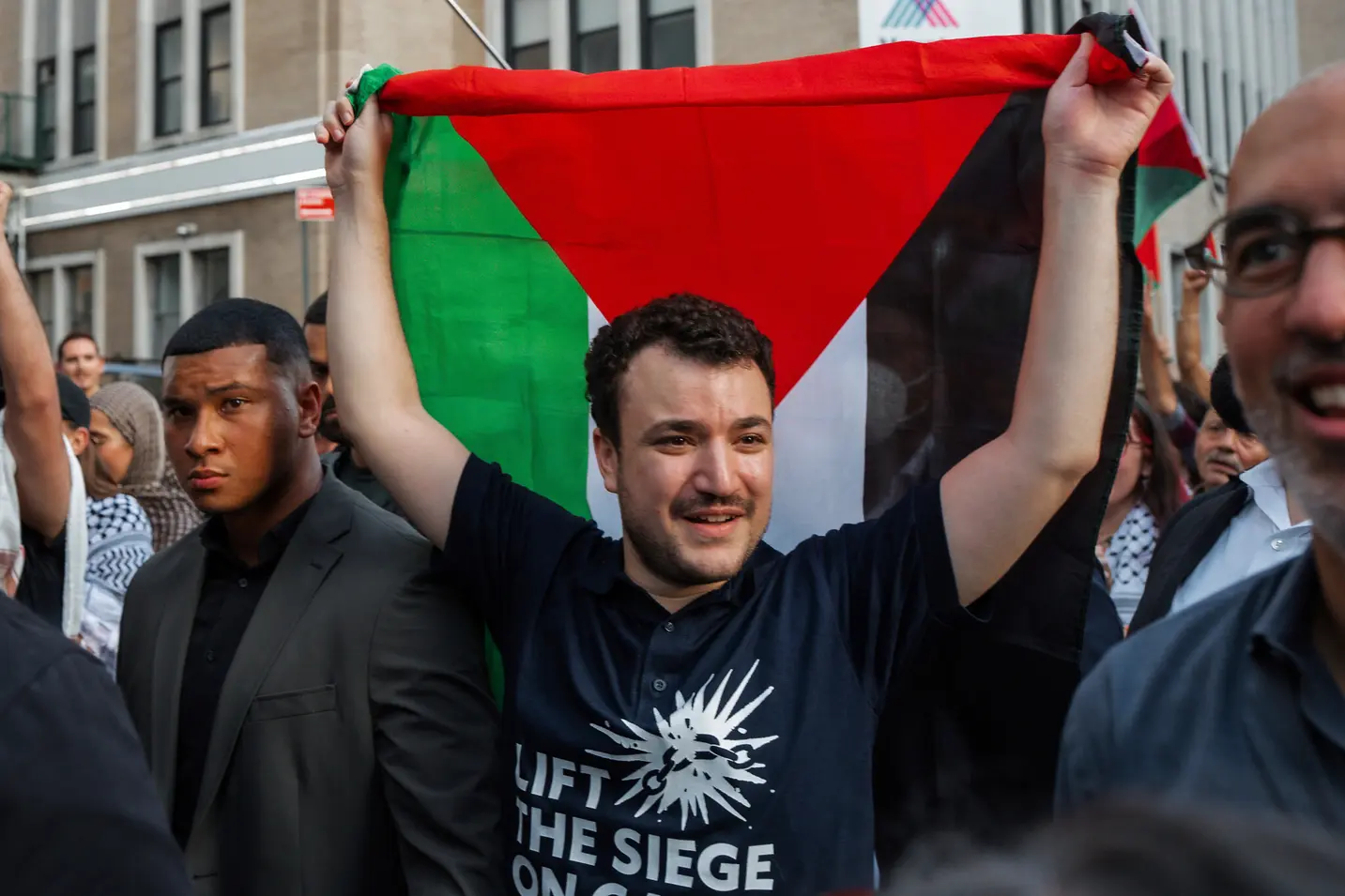
Khalil speaks on antisemitism and protests in NYT interview
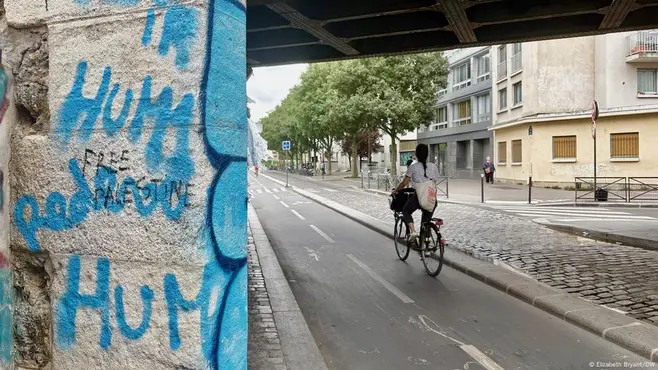
France plans to recognize Palestinian statehood
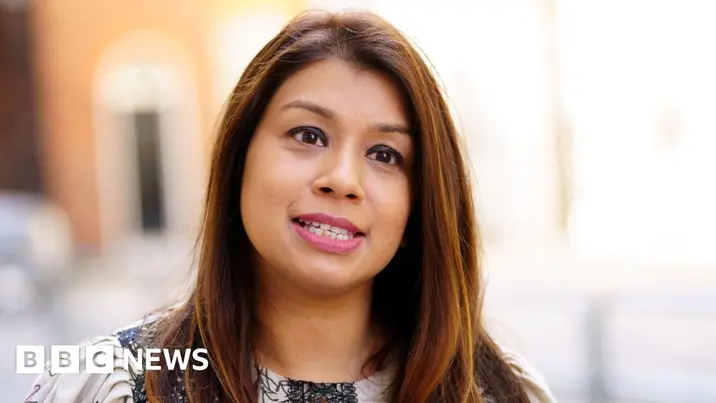
Bangladesh court begins Siddiq trial
